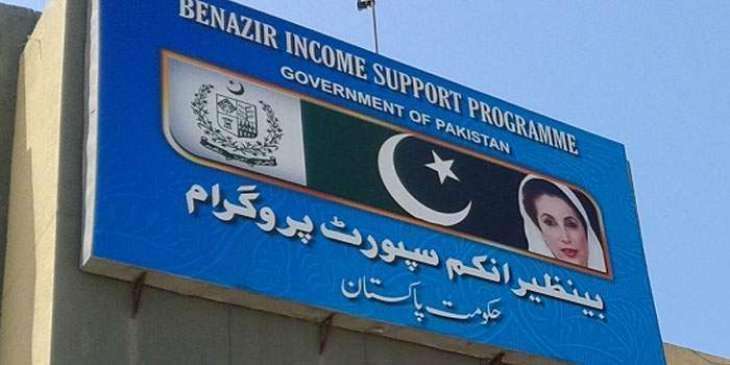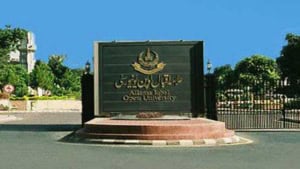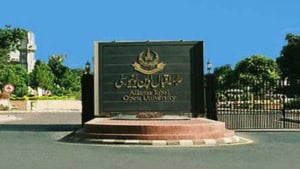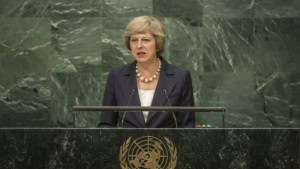ISLAMABAD – The Benazir Income Support Program (BISP) program has been removed from Federal Development Expenditures and moved to Grants and Transfers to provinces, the official documents for Budget 2019-20 show.


Under the Benazir Income Support Program (BISP) program, the BISP smart card was initiated for cash disbursement of funds to every deserving person. Since its inception in 2008, the BISP has disbursed Rs 691.5 billion as cash transfers – 98.5% of BISP beneficiaries are paid through technology-based payment mechanisms – according to the Economic Survey 2018-19.
The Programme established through an Act of Parliament, BISP earlier worked under the executive patronage of Prime Minister while the President of Pakistan being its Chief Patron. However, there is no official word about its removal from the Federal Development Expenditures in the budget for next fiscal year.
However, the Pakistan Tehreek-e-Insaf (PTI) government has extended its scope to 100 districts across the country, now covering 5.8 million households – which means about 34 million people. The monthly stipend for children has also been raised to Rs1,000.
The Benazir Income Support Programme (BISP) – the National Cash Transfer Programme (NCTP) – originally came into being in the face of rapid food price inflation, which saw food, grain and fuel prices reaching a 30-year highest in 2008 and the global economic downturn in 2009 which further decreased the welfare of already vulnerable households.
The targeted unconditional cash transfer program was implemented in Pakistan by focusing on poor women with an immediate objective of consumption smoothing and cushioning the negative effects of slow economic growth.
















